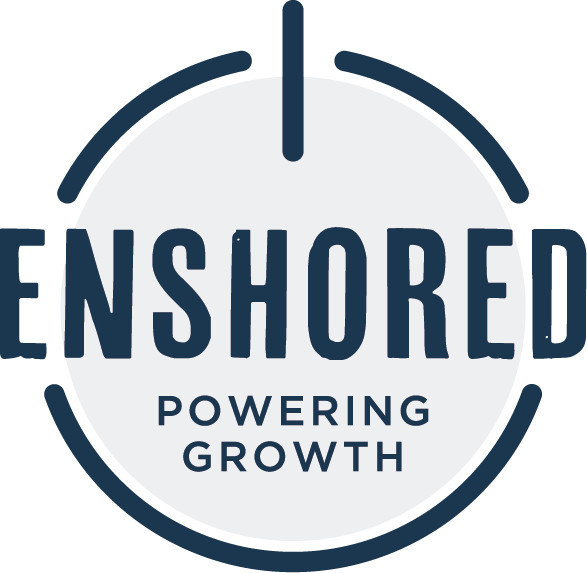Taking too long? Close loading screen.


Offloading some of your company’s work to an outside contractor can be a great way to save time and money. It can also help you maintain the quality of your work. But before you outsource, you need to ask a few key questions. Here are some outsourcing questions to understand before deciding to outsource.
When considering outsourcing to a company, it is important to understand the values that drive their business operations. Identifying and comparing those core values to your own can help you determine if they are a good fit for your organization.
First, consider the principles you prioritize most highly when conducting your business. Are punctuality and reliability important, or do strong customer relationships with flexible service take precedence? Once you’ve established this foundation, look closely at the vendor’s mission statement as well as their intrinsic values:
Additionally, explore how their approach aligns with yours when solving problems and making decisions. Do both entities strive for transparency and collaboration in the workplace or only seek out efficient internal systems? By assessing whether these core values match up or contradict your own, you can better assess whether or not this outsider is right for your team. A good outsourcing partner will respect and share similar values, helping you achieve success now and in the future.
The scope of work outlines the tasks and objectives needed to complete the project efficiently and effectively. It should begin with an overview of the project goals and timeline, followed by the tasks and deliverables necessary to reach those goals. The roles and responsibilities should be identified for each team member, ensuring everyone knows their duties within the project. It is important to involve all stakeholders in creating the scope to meet their requirements and expectations. Ensuring a mechanism for review and modification of the initial scope of work is important since projects rarely proceed as initially planned; having a flexible framework allows for changes if needed or desired within reason.
It’s essential to consider both your expected return on investment (ROI) and your available resources. A budget provides clear goals for spending and helps measure whether a project is successful. It also allows you to prioritize allocating funds based on importance or urgency.
To calculate your ROI, you must consider the project’s costs and potential future profits and losses. Apart from that, it is necessary to account for any variables that may affect the outcome of the investment, such as changes in market trends or potential risks. Once you have calculated your expected ROI, you can compare it to your available resources and adjust your budget accordingly to maximize your outsourcing success.
The risk of outsourcing can be difficult to manage as moving business operations overseas often increases the complexity of your business model. By navigating a new set of laws, regulations, and corporate social responsibility practices, it is easy for companies to find themselves in unfamiliar territory.
Common risks associated with outsourcing include:
In describing the benefits of outsourcing, it is important to balance these risks by providing methods that mitigate these issues. For example, vetting potential partners thoroughly before signing agreements can help reduce uncertainties concerning reliability. Companies should be able to leverage those advantages of outsourcing while carefully managing their associated risks with careful planning and implementation.
Outsourcing is becoming an increasingly attractive option for businesses, with the potential to reduce costs and increase efficiency. By outsourcing certain tasks to specialists, businesses can free up resources they can use elsewhere to explore new markets or expand services.
Companies may also benefit from the expert knowledge of their outsourcing partners and gain access to cutting-edge technology that would be cost-prohibitive if developed in-house.
Furthermore, companies may be better able to stay ahead of their competition, creating more innovative products faster than ever before.
Establishing a project timeline is essential to ensure work is completed on schedule and within budget.
With clear communication between team members and regular updates regarding progress, a successful timeline will help ensure that your project is a success. Outsourcing allows businesses to take advantage of a global talent pool and a broader range of expertise than what might not be available locally. Outsourcing can often result in superior quality in a shorter period when compared to traditional methods. All these potential benefits make outsourcing a compelling option for any successful business looking to streamline its operations and remain competitive.
Anticipating growth?
Access the tools, tech & team you need to scale globally.

Serious about scaling?
One call is all it takes to know if we’re a fit.
© 2024 Enshored · Privacy · GDPR · California · Cookies